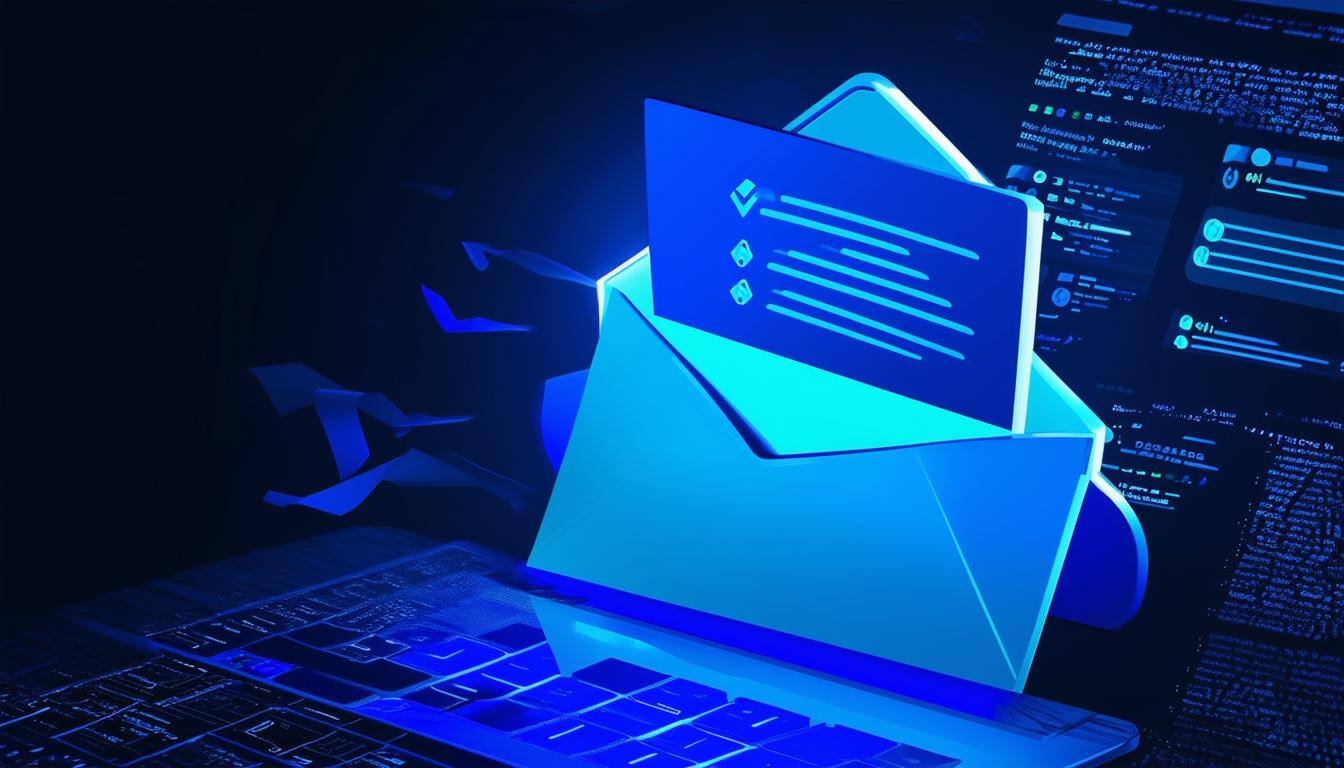Utilizing digital email marketing tools plays a crucial role for companies looking to reach large audiences with commercial campaigns. However, there are concerns surrounding the security of these tools for businesses.
Understanding Email Marketing Tools
Email marketing platforms like Mailchimp and SendMail offer user-friendly solutions for designing, managing, and distributing email campaigns efficiently. These tools are popular among entrepreneurs and freelancers due to their intuitive interfaces and robust features, including:
- Campaign Creation: Design newsletters and promotional emails without advanced design skills.
- Audience Management: Organize customer lists and track email preferences and engagement.
- Automation: Set up triggered emails based on customer actions.
- Analytics: Measure campaign success with detailed insights.
Moreover, these tools seamlessly integrate with various business tools, such as e-commerce platforms and CRMs.
Distinguishing Email Marketing from Transactional Email Relays
Email marketing tools target broader audiences interested in promotional content, while email relays focus on sending transactional emails to audiences expecting specific information, such as invoices or subscriptions.
Security Concerns and Best Practices
Despite the convenience of email marketing tools, businesses must be vigilant about security threats, including data breaches, phishing attacks, and weak account security. To safeguard against these risks, follow best practices such as:
- Strengthen Passwords and Enable 2FA: Use unique passwords and implement two-factor authentication.
- Set User Permissions: Limit access levels and manage privacy controls.
- Monitor Login Activity: Regularly review login records for suspicious behavior.
- Secure Team Devices: Encourage secure practices like using antivirus software and avoiding public Wi-Fi.
- Turn Off Data Analytics Sharing: Opt-out of data analytics projects if privacy concerns arise.
Enhancing Email Security Beyond Tools
For comprehensive email security, consider additional solutions like email phishing detection, password management tools, VPN services, and real-time malware protection.



